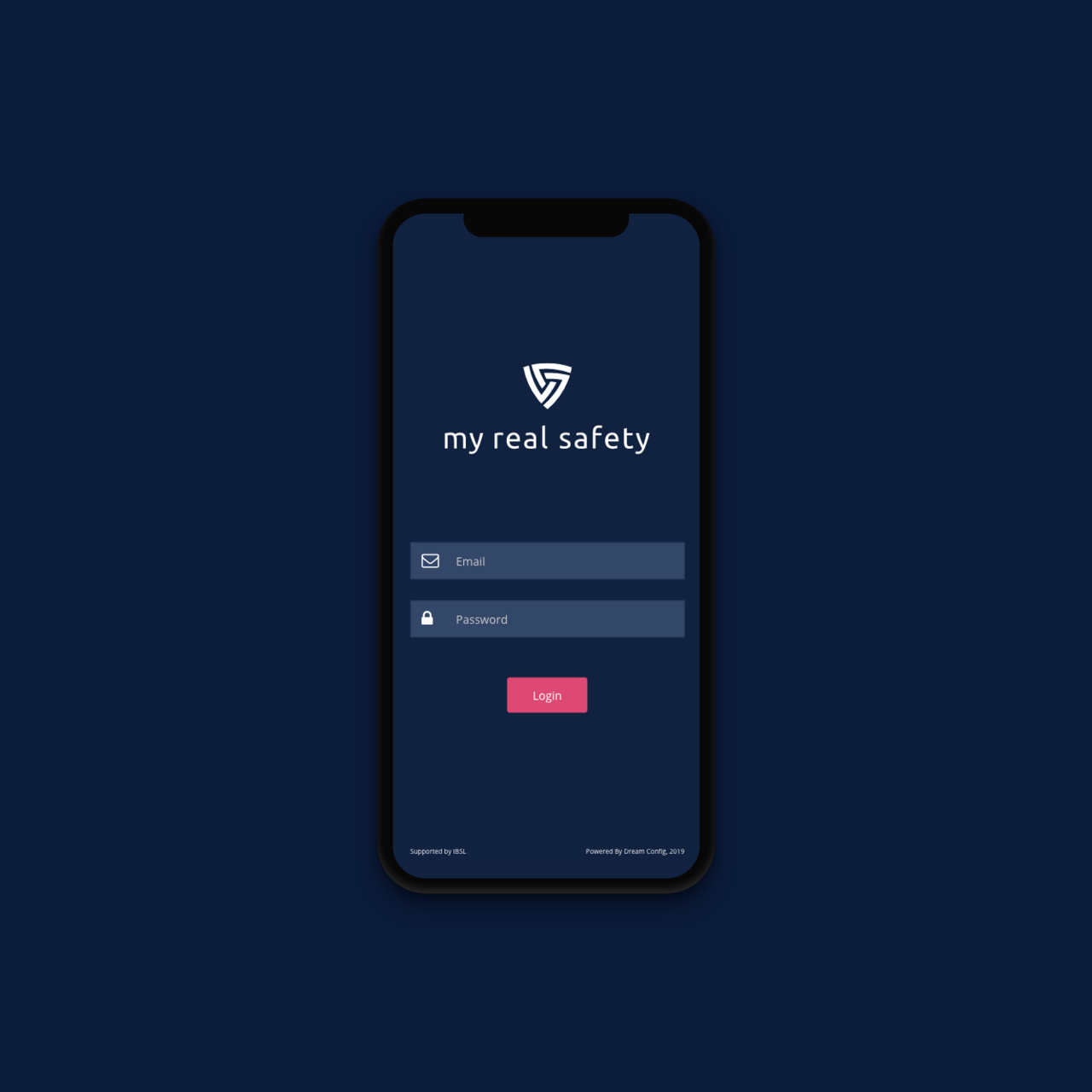Services
When looking to create a mobile experience for their customers, most companies would think of engaging a developer or agency to build them an app in one of two ways: a native app, which can only be used for a single operating system (Android/iOS/Windows), or a hybrid app, which can run the same code across multiple operating systems and is more cost effective. One of the lesser known options is called a progressive web application, or PWA?s for short.
What is a progressive web app?
?Progressive web app? is a term that was first coined by Google back in 2015. PWAs are still websites, but they look and feel like any other native app. Despite being an ?app?, PWAs are not always limited to mobile, with many websites leveraging PWA technology to streamline the browsing experience.
Ever visited Instagram or Pinterest or Tinder on a laptop? Then you?ve experienced a couple of the most commonly used PWAs being used at scale. As a result of converting to a PWA, Pinterest gained a 50% increases in engagement, ad click throughs and revenue thanks to the PWA?s faster performance than its mobile website previously. So yea, they?re legit at scale.

How do progressive web apps work?
A PWA is basically an extension of your responsive website that include native and hybrid app features previously unavailable with a web browser. Specific examples include utilising the phones camera, push notifications and offline mode, which allows the user to still use the app when the internet connections get sketchy.
Instead of living in the app store, PWA?s are downloaded directly to your mobile device home screen, which can be added as an icon just like all the other apps you house. PWA?s mimic the function of traditional mobile apps making it virtually impossible to tell the difference, which is a nod to the high quality user experience they can offer. They?re also extremely lightweight and thus quick to load, which makes the user experience a solid one.

Are you ready for a PWA?
Like any good digital guru will tell you, it really does depend on what you?re trying to achieve.
Incorporating a PWA into your online offering can be a viable exercise for any company looking to extend reach and engage its audience with mobile in a far more cost effective manner. If your business objectives require 3rd party integrations and hardware, probably not for you. If you?re looking for an easily distributed mobile opportunity with cross platform capability? Going with a PWA would be a great option.
Here are a few PWA?s we?ve developed for our clients, which includes an evidence-based learning app for Atu Mai, and a health and safety SaaS business My Real Safety.
For more on PWA?s check out our free download Everything you need to know about PWAs below.



























